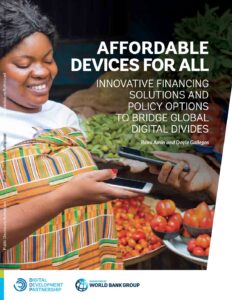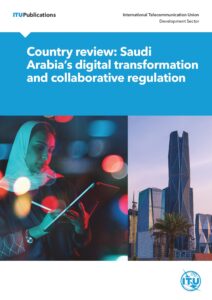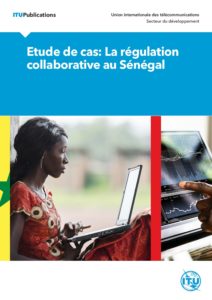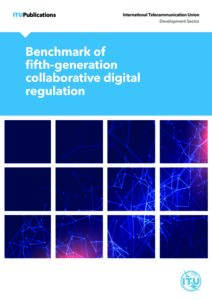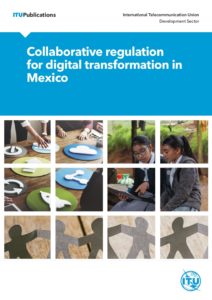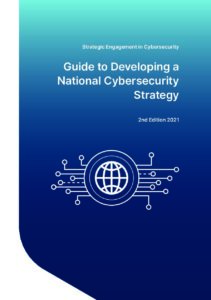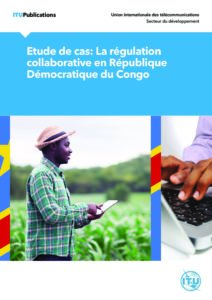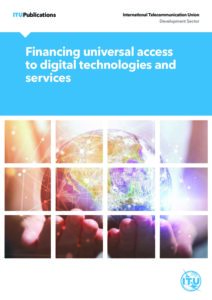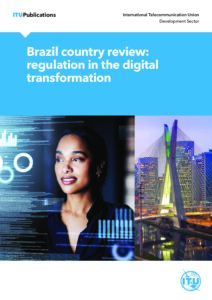
Brazil country review: regulation in the digital transformation
Published in 2023A series of recent initiatives have sustained progress in Brazil’s digital transformation, leveraging G5 collaborative digital regulation to achieve ambitious policy goals. The Federal Government of Brazil has embarked on a path towards the complete digitalization of its services, a wide-ranging process triggered by the COVID-19 pandemic.
Read »